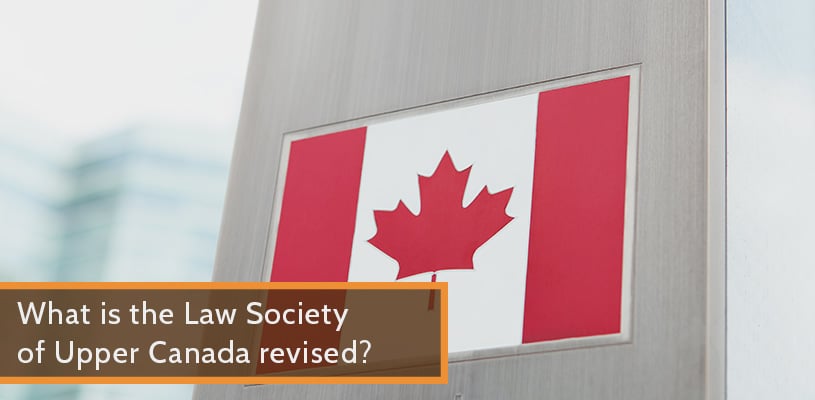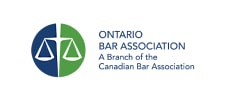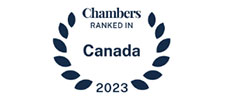What is the Law Society of Upper Canada?

Formed in 1797, The Law Society of Upper Canada works to ensure that legal professionals in Ontario are competent, behave ethically and meet the required standards of education. It has a mandate to regulate lawyers, paralegals and all providers of legal services in Ontario. The body governs the legal profession and has influence beyond Ontario. Its duty is to protect public interests while making sure the people of Ontario are able to access legal services in a fast and efficient manner.
The Law Society ensures that lawyers and paralegals are:
- Licensed and insured
- Well qualified to handle legal processes and procedures
- Meet the standards of professionalism, education and competence.
The Law Society of Upper Canada has more than 49,000 lawyers and over 7,900 paralegals. The society has grown and evolved over the years and its influence has been felt in the country not just in legal matters. Many of its members have become well-known figures in other fields such as politics, business and the arts.
Governance
The society is governed by a board of directors commonly referred to as benchers. Benchers consist of lawyers, paralegals and lay persons who are not in the legal profession. They meet occasionally to discuss policy matters and make amendments that affect lawyers and paralegals.
Becoming a licensed lawyer
A lawyer is called to the Bar of Ontario when he/she becomes licensed by The Law Society of Upper Canada. The board licenses lawyers to ensure that they possess the required minimum competencies to provide legal services effectively to the public. For one to apply for licensing by the board, he/she must be a graduate of a law school. Applicants must demonstrate a combination of skills and knowledge in the legal profession. Once the licensing process is completed the individual is called to the Bar of Ontario.



















